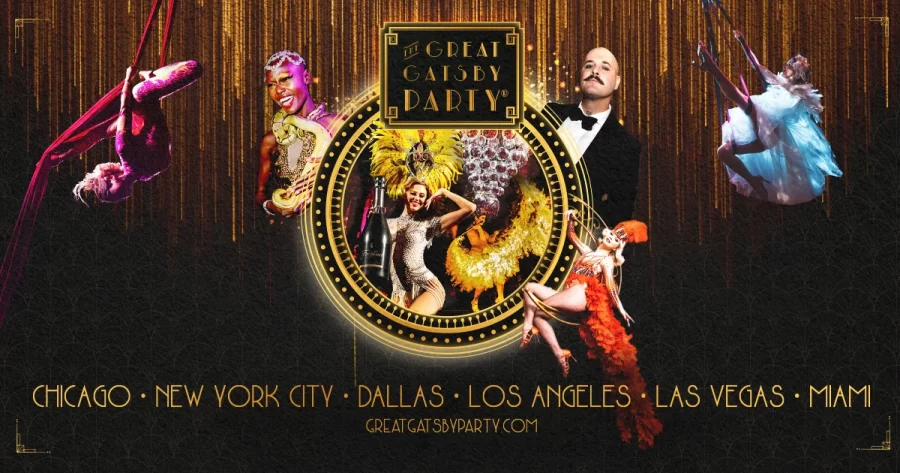When I first read The Great Gatsby, I read it alongside Shakespeare’s Macbeth for my Literary Criticism team. In retrospect, I wouldn’t necessarily recommend this. At least not for someone’s first read. With every turn of the page, tragedy seemed to follow me as the ghost of Banquo did to Macbeth himself, and increasingly I felt just as haunted as he. To a sixteen-year-old mind, it was certainly a lot to take in.
I can’t exactly tell you when the two works started to look the same, but by finishing them they were practically indistinguishable. Both were similarly tragic, equally cautionary, and written with the same amount of gravitas. To us, they were tragically identical, so much that my Lit Crit team brought it up one meeting.
“Is The Great Gatsby a tragedy as well?” One of the girls asked and our teacher, in the middle of a lesson on Shakespeare’s tragedies, humored us with a smile.
“What do you think?” She asked in return, her question directed at the whole team. After exchanging a few glances between ourselves, we did what we had just recently been trained to do: we analyzed the novel for the elements of a tragedy. We found many things that supported the claim that The Great Gatsby was one- Gatsby’s idealism certainly made a tragic flaw and his end, a tragic ending- but there was one thing that stood in the way.
“Gatsby was not a man of high birth.” One of us concluded aloud, and our teacher smiled, moving to question us again.
“Therefore he is not a tragic hero and so it can not be considered a tragedy?”
We nodded our heads in agreement. “Not in the classical sense.”
“Can there be such thing as a modern tragedy?” She let the question sit in the air and at our hesitant silence, went on. “What about Arthur Miller’s Death of a Salesman?” None of us had read the play and she went on to explain it and its story of a mere salesman whose tragic fate derived from a belief in the American Dream.
By now, our heads were spinning. We had transgressed from the realm of Shakespeare and Macbeth and found ourselves in a different one entirely, one that felt a bit closer to home.
After a long moment of thought, one of us spoke up. “A modern, American tragedy then?” She said and our teacher nodded her head. It seemed we had finally understood.
“That’s what Miller claimed in his article “Tragedy and the Common Man.” And such a claim opened The Great Gatsby to interpretations such as this.”
Though our own interpretation derived from young brains crowded with the words of Shakespeare and Fitzgerald, we found that we weren’t the only ones who had made the connection between the two novels. That, for many years, others had also concluded that The Great Gatsby was a tragedy in modern form, written in the way Miller would soon champion.
There is no “high birth” in America, a country formed without a noble class, and so if one is going to write an American tragic hero, he can be no more than a mere salesman or a mere bootlegger. A modern tragedy, an American tragedy, is more complex than those of the past because, as Arthur Miller claims, in a land without kings, we must turn to the common man and break one of tragedy’s sacred rules.
And so, by the end of our lesson, our Lit Crit team had concluded that The Great Gatsby was a tragedy like Macbeth, but different in that it’s hero was no king, merely a man named Gatsby.

